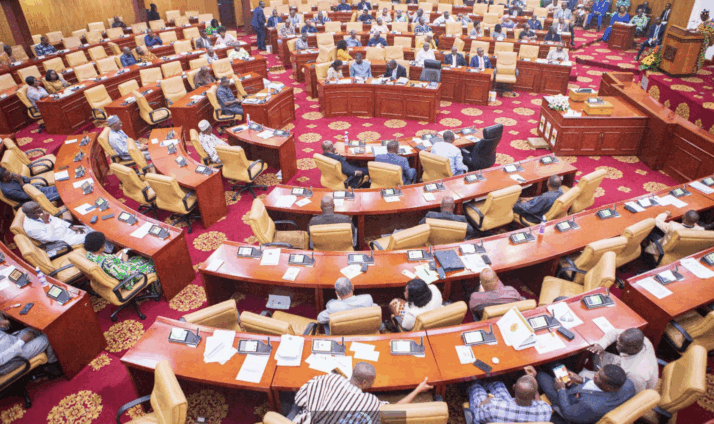Financial irregularities across Ghana’s public sector more than doubled in 2024, surging 109% year-over-year to GH¢18.4 billion ($1.5 billion), according to the latest report by the Auditor-General. The sharp increase reverses two years of declining trends and has reignited concerns over fiscal discipline and accountability in public institutions.
The report, released this week, outlines a broad deterioration in financial management practices among public boards, state-owned enterprises, and statutory bodies. The GH¢18.4 billion figure compares with GH¢8.8 billion in flagged irregularities in 2023.
“This level of financial indiscipline cannot be allowed to persist,” the Auditor-General said, urging immediate enforcement of audit recommendations to prevent further deterioration.
A breakdown of the findings reveals that payroll-related irregularities were the only category to register a decline, falling from GH¢8.7 million in 2023 to GH¢191,601 in 2024. In contrast, irregularities surged across tax compliance, investment management, loan recoveries, and inter-agency settlements.
Of the total flagged amount, GH¢15.57 billion is deemed recoverable. This includes unpaid taxes, locked-up investments, loans to staff, and unretired imprest. The remaining GH¢2.84 billion stems from administrative issues such as procurement violations and delays in financial processing—matters that may not represent direct losses but nonetheless signal weak adherence to public financial regulations.
The findings come at a time of mounting fiscal pressure on the government, as Ghana continues to implement a debt restructuring program under an IMF-supported framework. Analysts say the rise in irregularities could undermine efforts to restore investor confidence and stabilize public finances.
The Auditor-General has called for stricter compliance mechanisms, improved internal controls, and a more assertive posture by oversight institutions to stem the growing tide of mismanagement.
“The numbers speak for themselves,” said one Accra-based public finance expert. “Without sustained reforms, the cost of inefficiency will continue to rise—and taxpayers will bear the burden.”













